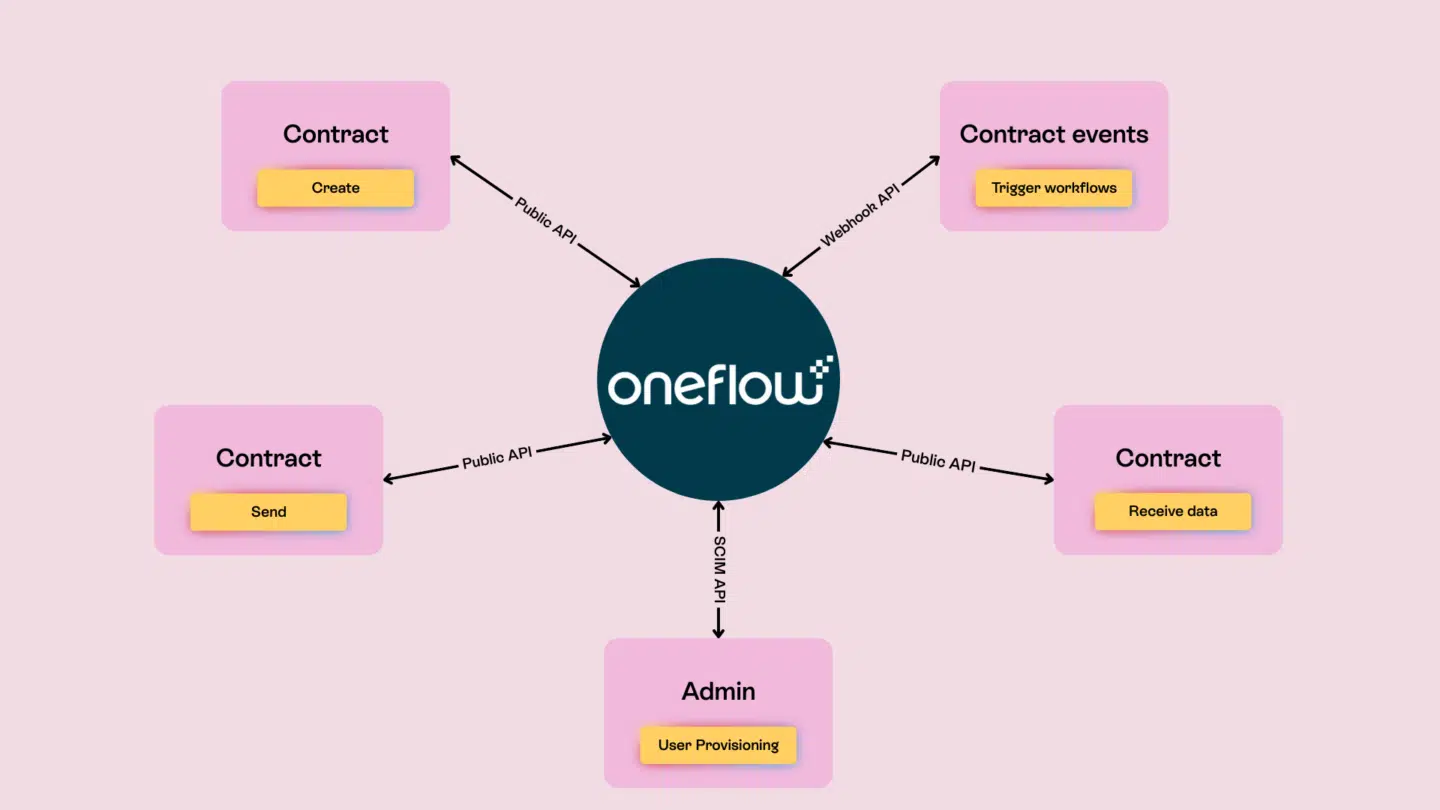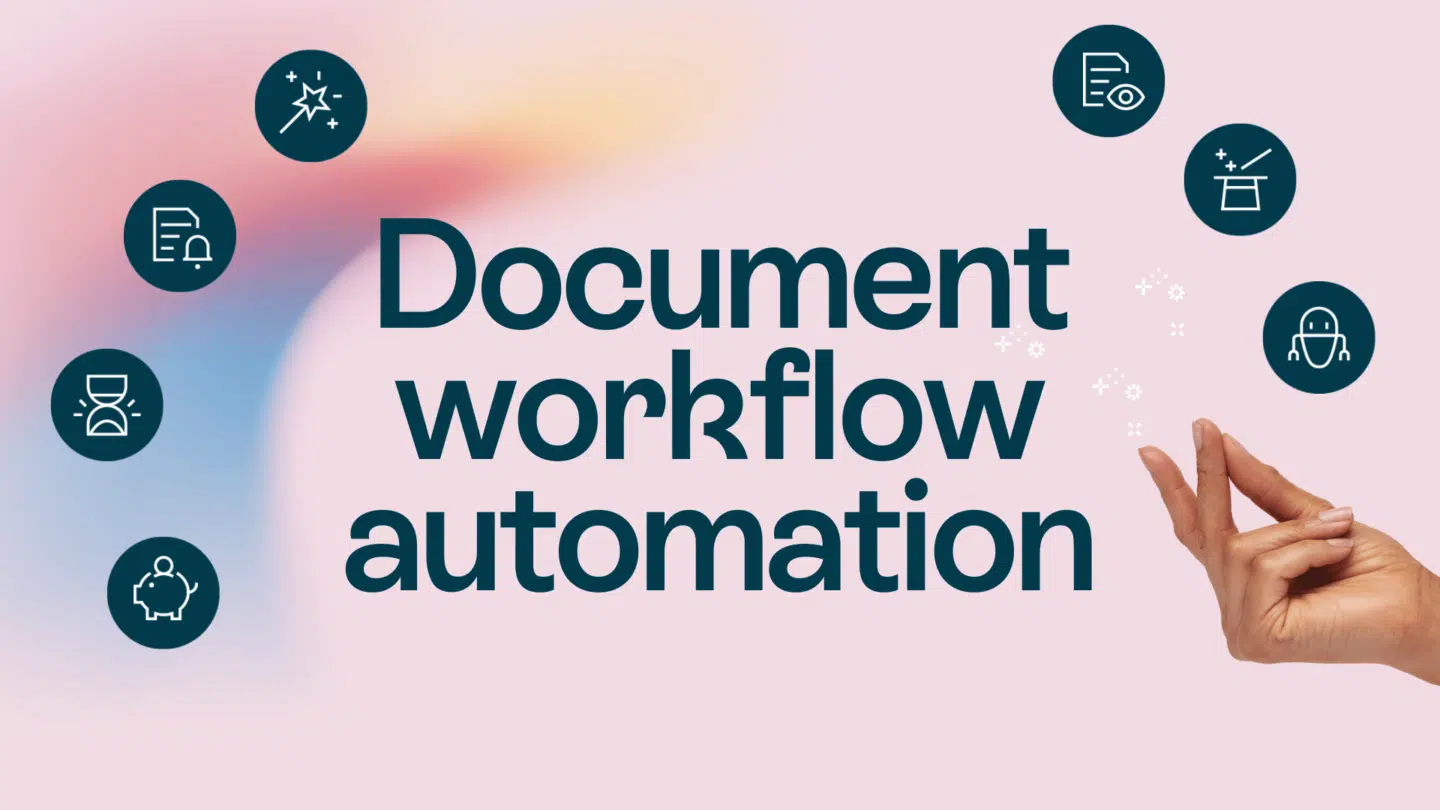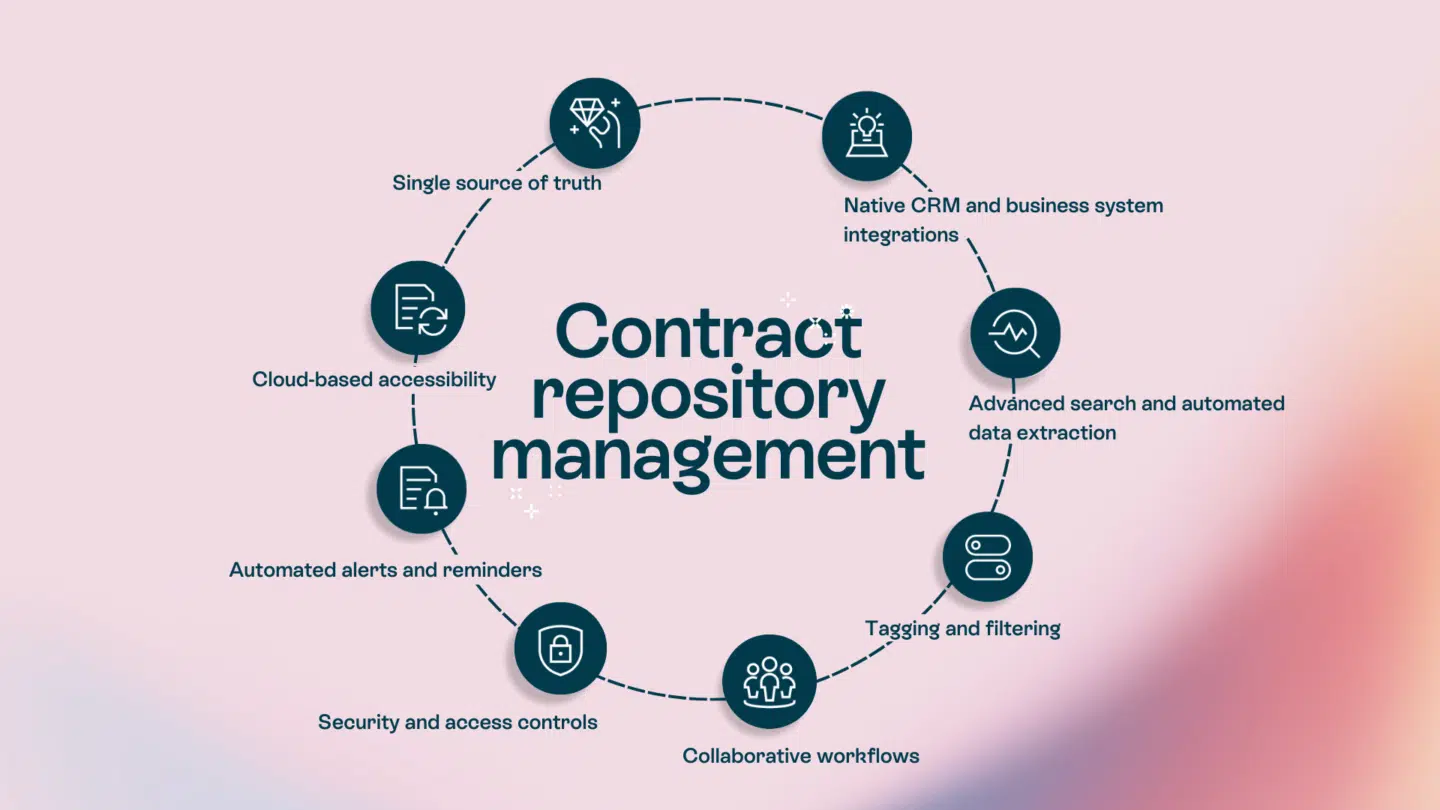Master Service Agreements (MSAs) are essential contracts in the business world. Understanding, drafting, negotiating, implementing, and resolving disputes in MSAs are crucial skills for any business professional. In this comprehensive guide, we will explore every aspect of MSAs, providing you with the knowledge and insights you need to navigate these complex agreements successfully.
Understanding master service agreements
When it comes to establishing a long-term business relationship, a Master Service Agreement (MSA) plays a vital role. This contractual document serves as a framework that sets out the basic terms and conditions between two parties. It provides a consistent set of rules that govern future transactions, ensuring a smooth and efficient business partnership.
For businesses that engage in recurring transactions, such as service providers or suppliers, MSAs are particularly important. They offer certainty and reduce the time spent on negotiation for subsequent agreements. By establishing a solid foundation, MSAs make future transactions more efficient and cost-effective.
Read also: What is contract management? Your ultimate guide

Definition and importance of master service agreements
A Master Service Agreement is a contract that establishes the basic terms and conditions between two parties engaging in a long-term business relationship. It serves as a framework that governs future transactions and provides a consistent set of rules.
MSAs are essential for businesses that engage in recurring transactions, such as service providers or suppliers. They provide certainty and reduce negotiation time for subsequent agreements, making them efficient and cost-effective.
Moreover, MSAs foster trust and transparency between the parties involved. By clearly outlining the rights and responsibilities of each party, potential conflicts and misunderstandings can be minimized. This clarity helps build a strong foundation for a successful and long-lasting business relationship.
Key components of a master service agreement
A well-crafted MSA includes several key components that ensure a comprehensive and effective agreement. First and foremost, it clearly identifies the parties involved in the agreement. This identification is crucial to establish the legal relationship and ensure that both parties are bound by the terms and conditions.
Additionally, the MSA outlines the scope of the agreement, defining the specific services to be provided. It also addresses the associated fees or compensation, ensuring that both parties are aware of the financial aspects of the relationship.
However, a successful MSA goes beyond the basics. It delves into important considerations that help protect the interests of both parties. Obligations and responsibilities are clearly defined, leaving no room for ambiguity. Timelines and deadlines are established to ensure that the agreed-upon services are delivered in a timely manner.
Furthermore, a well-drafted MSA addresses crucial aspects such as intellectual property rights, confidentiality, liability, and dispute resolution mechanisms. These provisions protect the parties involved and provide a roadmap for handling potential conflicts or breaches of the agreement.
Each section of the MSA should be carefully drafted to ensure clarity and avoid potential misunderstandings. By leaving no stone unturned, a comprehensive MSA sets the stage for a successful and mutually beneficial business relationship.
Read also: Why Oneflow is a contract platform for everyone

Drafting a master service agreement
Steps to drafting an effective agreement
When drafting an MSA, it is crucial to follow a systematic approach. Start by understanding the needs and goals of each party and conduct thorough research to identify any legal or industry-specific requirements.
Next, outline the agreement using clear and concise language. Break down complex concepts into digestible sections and use headings and subheadings to improve readability.
Include provisions that protect both parties’ interests and address potential risks. Consult with legal professionals to ensure compliance with applicable laws and regulations.
Common mistakes to avoid
Despite their importance, many MSAs suffer from common drafting mistakes. One of the most significant errors is using vague and ambiguous language. Clarity is paramount to avoid potential conflicts in the future.
Another mistake is neglecting to include essential provisions. Failure to address indemnification, limitation of liability, or termination rights can have severe consequences. Thoroughly review your MSA to ensure all aspects are accounted for.
Lastly, avoid using overly lengthy and complex MSAs. Keep it concise and user-friendly for both parties to understand and adhere to the agreement.
Negotiating a master service agreement
Preparing for negotiation
Before entering into negotiations, it is crucial to thoroughly prepare. Familiarize yourself with the terms of the MSA, understand your goals and limits, and identify any potential areas of compromise.
Also, research the opposing party to gain insights into their needs and objectives. This knowledge will give you a competitive advantage during negotiations.
Strategies for successful negotiation
Successful negotiation requires effective communication and a collaborative approach. Begin by building rapport and establishing common ground. This will lay the foundation for a constructive discussion.
During negotiations, remain flexible, and be prepared to make reasonable concessions. Focus on finding mutually beneficial solutions and emphasize the long-term value of the relationship.
If an impasse is reached, consider involving a third-party mediator or resorting to arbitration to resolve the issues. Finding alternative dispute resolution methods can save time and preserve the business relationship.
Read also: The power of AI contract reporting: Streamlining efficiency and accuracy

Implementing a master service agreement
Ensuring compliance with the agreement
Once an MSA is finalized, implementing it effectively is crucial. Both parties must fully understand their obligations and adhere to the agreed-upon terms.
Regular communication between the parties is essential to monitor progress, address concerns, and ensure compliance. Establish performance metrics and reporting mechanisms to track the quality and effectiveness of the services provided.
Managing changes and amendments
Inevitably, circumstances may change during the course of the business relationship. It is essential to have mechanisms in place to address changes in scope, pricing, or other relevant factors.
When considering amendments to the MSA, consult legal professionals to assess the potential impact on the existing agreement. Clearly document any changes and ensure mutual consent from both parties to avoid future disputes.
Read also: What is enterprise software?

Dispute resolution in master service agreements
Common disputes and how to handle them
Disputes can arise even with the best-drafted MSAs. Common areas of disagreement include non-performance, pricing disputes, intellectual property infringement, or breaches of confidentiality.
When facing a dispute, refer to the dispute resolution mechanism outlined in the MSA. Collaborate in good faith to resolve the issue in an amicable manner. The goal should always be to find a resolution that preserves the business relationship.
Role of mediation and arbitration
If informal negotiation fails, alternative dispute resolution methods such as mediation and arbitration can provide a structured and impartial approach to resolving conflicts.
Mediation involves the involvement of a neutral third party who facilitates negotiations between the parties to find a mutually acceptable solution. Arbitration, on the other hand, involves a neutral arbitrator making a binding decision after considering both parties’ arguments.
Both mediation and arbitration can be less time-consuming and costly compared to traditional litigation. Consider these options as a means to avoid protracted legal battles and maintain a positive business relationship.
The key takeaways
Understanding, drafting, negotiating, implementing, and resolving disputes in Master Service Agreements are critical skills for businesses. By following this comprehensive guide, you will be better equipped to navigate these agreements successfully and forge strong, long-term business relationships.






